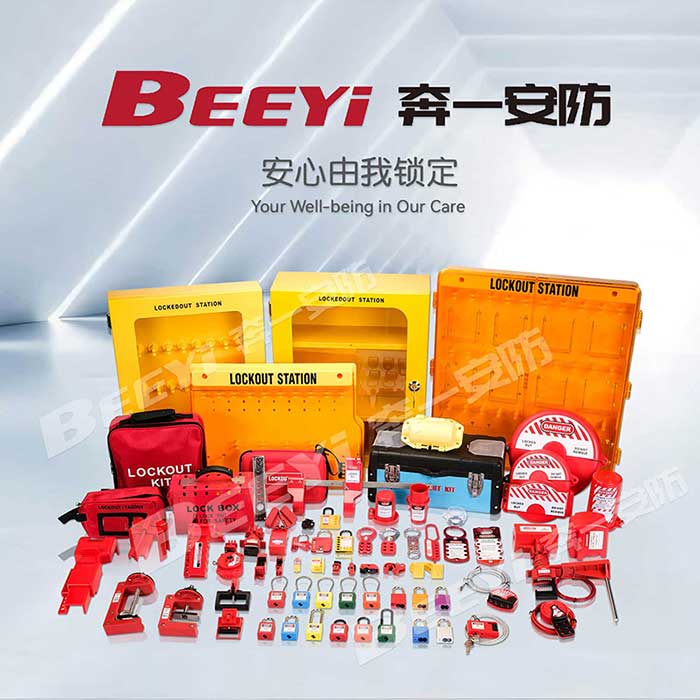Lockout Hasps are an integral part of the Lockout/Tagout (LOTO) safety procedures, commonly used in industrial environments to ensure that machinery and equipment are properly isolated during maintenance or repair work. These devices allow workers to securely lock out equipment to prevent accidental startup or release of hazardous energy. As safety and compliance standards become stricter, the demand for customized solutions, including private labeling, has been on the rise. In this article, we will explore the significance of Lockout Hasps, how private labeling works in this context, and why businesses are increasingly adopting this solution.

What are Lockout Hasps? Lockout Hasps are safety devices used in the lockout/tagout process to secure equipment during maintenance or repair activities. They are typically made from metal or plastic and feature multiple lock holes that allow several workers to apply their own locks to a single device. The purpose is to ensure that only authorized individuals can control the operation of the equipment, providing a secure means of isolating hazardous energy sources. In many cases, lockout hasps are used in tandem with other lockout devices such as padlocks, circuit breaker lockouts, and valve lockouts, forming a comprehensive safety system to protect workers from electrical, mechanical, hydraulic, or pneumatic hazards.